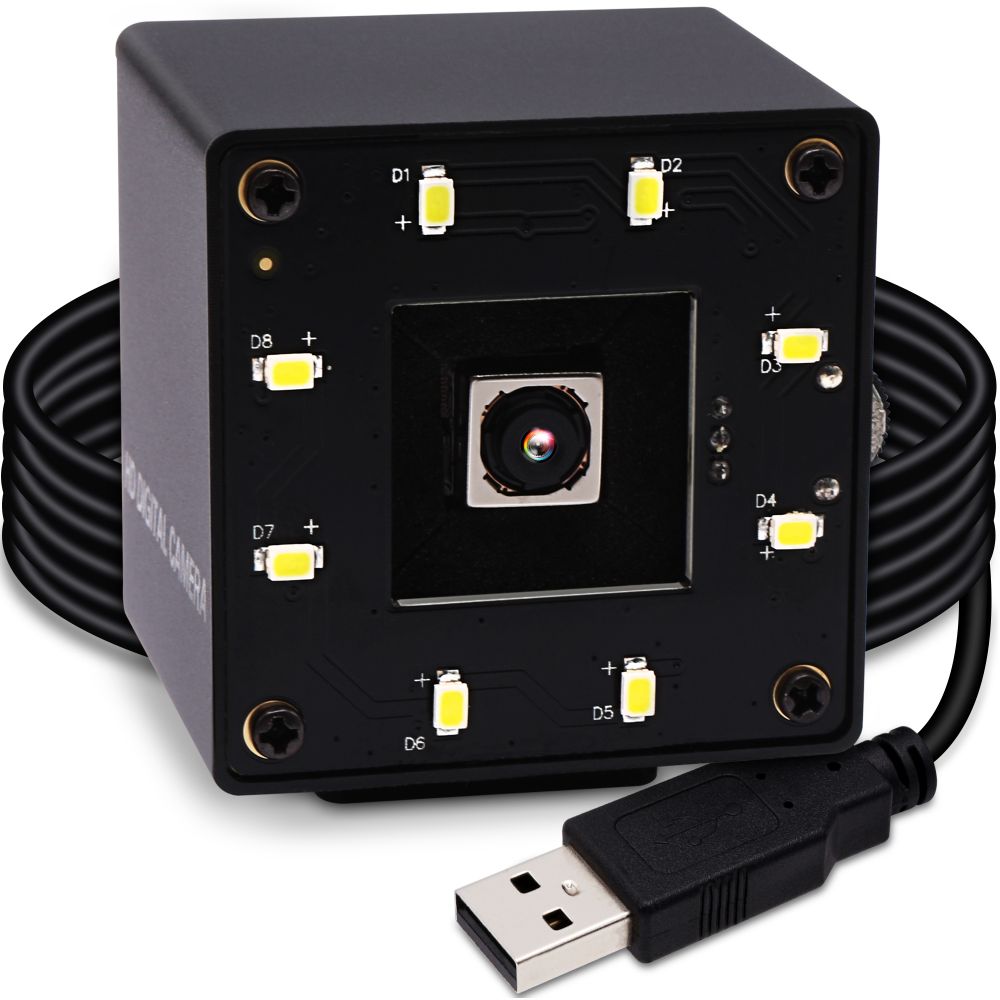Hydration on the Trail: The Ultimate Guide to Choosing the Best Drinks While Hiking
When it comes to hiking, the importance of proper hydration cannot be overstated. Whether you're embarking on a short day hike or a multi-day backpacking adventure, the right beverage can significantly enhance your performance, endurance, and overall enjoyment of the experience. In this article, we will explore the best drinks to consume while hiking, considering various factors such as hydration efficiency, energy replenishment, and health benefits.
Understanding Hydration Needs
Before diving into specific drink options, it's essential to understand the body's hydration needs during physical activity. When hiking, especially in warm or high-altitude environments, the body loses fluids through sweat and respiration. This loss can lead to dehydration, which can impair physical performance, cognitive function, and overall well-being. Therefore, selecting the right beverages is crucial for maintaining optimal hydration levels.
Water: The Gold Standard
- The Importance of Water
Water is the most fundamental and effective drink for hydration. It is calorie-free, readily available, and essential for nearly every bodily function. When hiking, it is recommended to drink water regularly, even if you do not feel thirsty. A general guideline is to consume about half a liter (17 ounces) of water per hour of moderate activity, adjusting based on temperature, altitude, and individual sweat rates.
- Water Sources and Purification
For longer hikes, especially those that extend beyond a day, carrying enough water can be challenging. In such cases, knowing how to source and purify water from natural sources (streams, rivers, or lakes) is invaluable. Portable water filters, purification tablets, and UV light sterilizers are effective tools for ensuring that the water you collect is safe to drink.
Electrolyte Drinks: Replenishing Essential Minerals
- The Role of Electrolytes
During prolonged physical activity, the body loses not only water but also essential electrolytes such as sodium, potassium, and magnesium. These minerals are crucial for muscle function, nerve signaling, and maintaining fluid balance. Therefore, incorporating electrolyte drinks into your hydration strategy can help replenish these vital nutrients.
- Choosing the Right Electrolyte Drink
When selecting an electrolyte drink, look for options that are low in sugar and free from artificial additives. Many brands offer powdered or tablet forms that can be easily mixed with water, making them convenient for hiking. Additionally, consider natural alternatives like coconut water, which is rich in potassium and provides a refreshing taste.
Energy Drinks: A Double-Edged Sword
- Understanding Energy Drinks
Energy drinks are often marketed to enhance performance and endurance. While they can provide a quick boost of energy due to their caffeine and sugar content, they may not be the best choice for hydration. The high sugar content can lead to a rapid spike and subsequent crash in energy levels, while caffeine can have a diuretic effect, potentially exacerbating dehydration.
- When to Use Energy Drinks
If you choose to consume energy drinks while hiking, do so sparingly and in combination with water. They may be beneficial during particularly strenuous sections of a hike or when you need a quick energy boost. However, always prioritize water and electrolyte drinks for hydration.
Herbal Teas and Infused Water: Flavorful Alternatives
- The Benefits of Herbal Teas
Herbal teas can be a delightful and hydrating alternative to plain water. Many herbal teas, such as peppermint or ginger, can aid digestion and provide additional health benefits. They can be prepared in advance and stored in insulated flasks to keep them warm or cold, depending on your preference.
- Infused Water for Flavor
Infusing water with fruits, herbs, or vegetables can enhance its flavor and encourage more frequent hydration. Popular combinations include cucumber and mint, lemon and ginger, or berries and basil. This not only makes hydration more enjoyable but also adds vitamins and antioxidants to your drink.
Conclusion: Tailoring Your Hydration Strategy
In summary, the best drink while hiking largely depends on the duration and intensity of your activity, as well as personal preferences. Water remains the cornerstone of hydration, while electrolyte drinks can provide essential minerals for longer hikes. Energy drinks should be used cautiously, and herbal teas or infused water can offer flavorful alternatives.

Average Rating